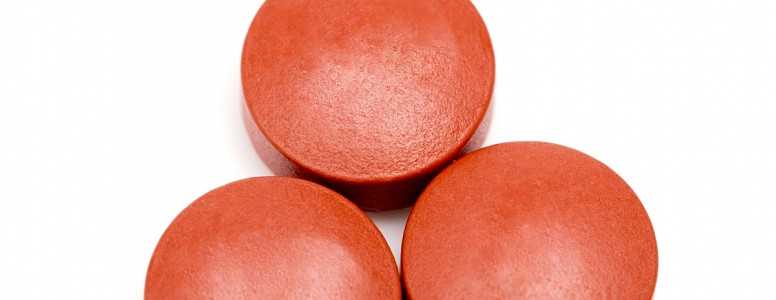A link has been found between a type 2 diabetes drug class and inflammatory bowel disease (IBD) in a new Canadian study.
Researchers from McGill University say dipeptidyl peptidase-4 inhibitors (DPP-4), also known as gliptins, were associated with a greater risk of developing inflamed bowel conditions such as ulcerative colitis and Crohn’s disease.
A relatively new drug class, DPP-4 inhibitors help lower blood sugar levels in people with type 2 diabetes. The drugs include Januvia (sitagliptin), Galvus (vildagliptin), Onglyza (saxagliptin) and Tradjenta (linagliptin). They may be prescribed to people who have not been able to achieve low enough blood sugar levels on metformin and lifestyle change alone.
The research involved more than 141,000 adults who had started taking diabetes drugs between 2007 and 2016. Those who were taking insulin or had already suffered from a form of IBD were excluded from the trial.
Throughout the three-and-a-half year study period a total of 208 new cases of IBD were identified, with DPP-4 inhibitor use linked to a 75% increased risk of developing an inflammatory bowel condition.
Despite the findings, researchers have said the risk is still relatively low. They concluded: “Although our findings need to be replicated, physicians should be aware of this possible association and perhaps refrain from prescribing DPP-4 inhibitors for people at high risk, such as those with a family history of disease or with known autoimmune conditions.”
They also said the findings were only observational and they could not rule out unmeasured factors that may have influenced the results.
Previous studies have also shown DPP-4 inhibitors can aid weight loss as they reduce appetite. Side effects linked with the drugs include possible increase in risks of pancreatitis and joint pains.
In 2015, Diabetes.co.uk launched the Low Carb Program which has helped many people with type 2 diabetes to lose weight, improve blood glucose levels and reduce their dependency on diabetes medication.
The findings have been published in The BMJ.
What's new on the forum? ⭐️
Get our free newsletters
Stay up to date with the latest news, research and breakthroughs.



